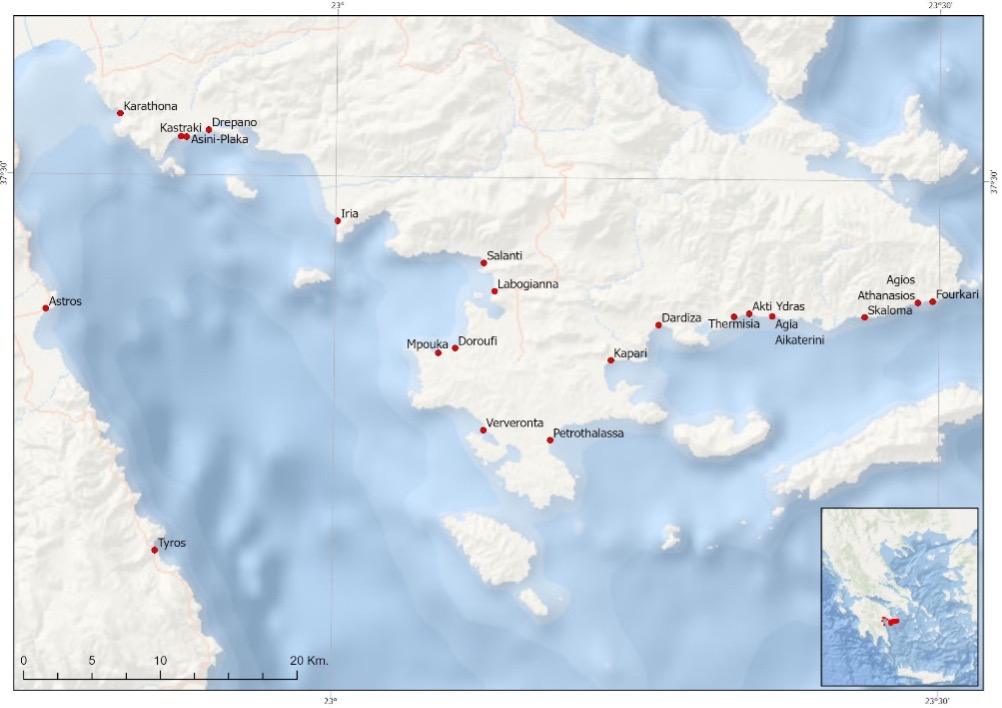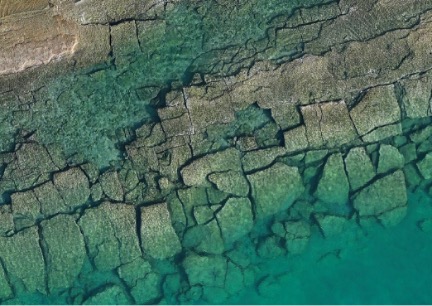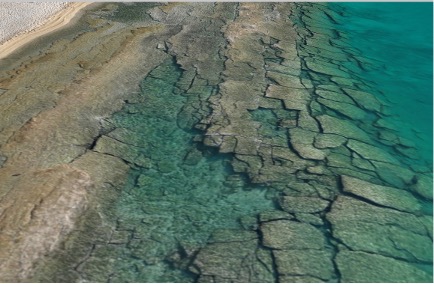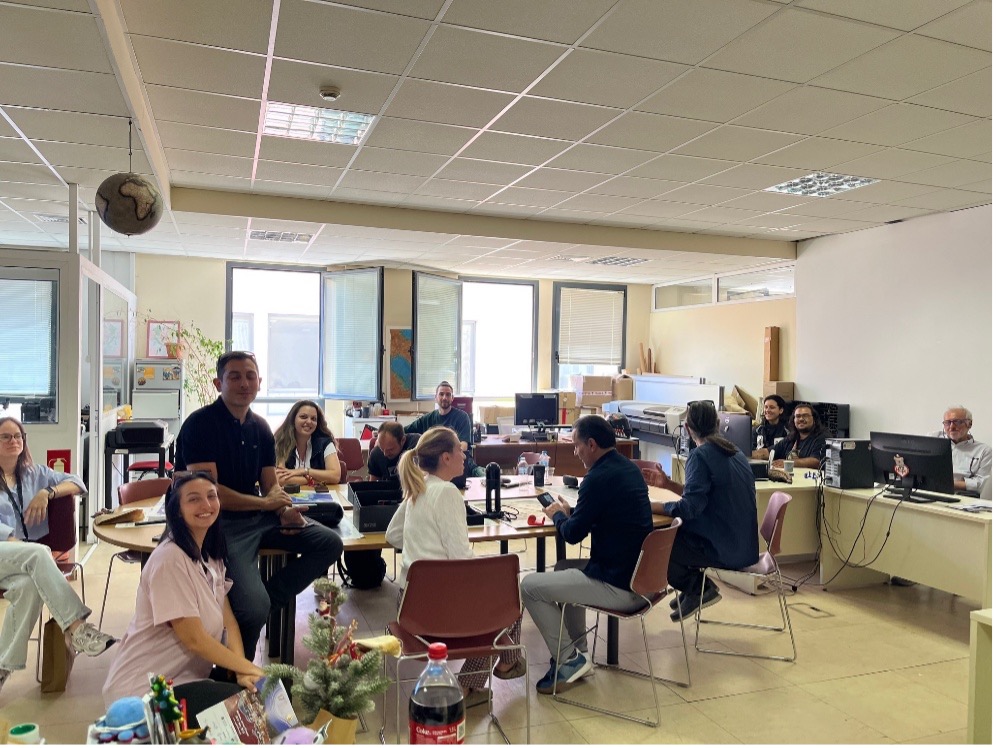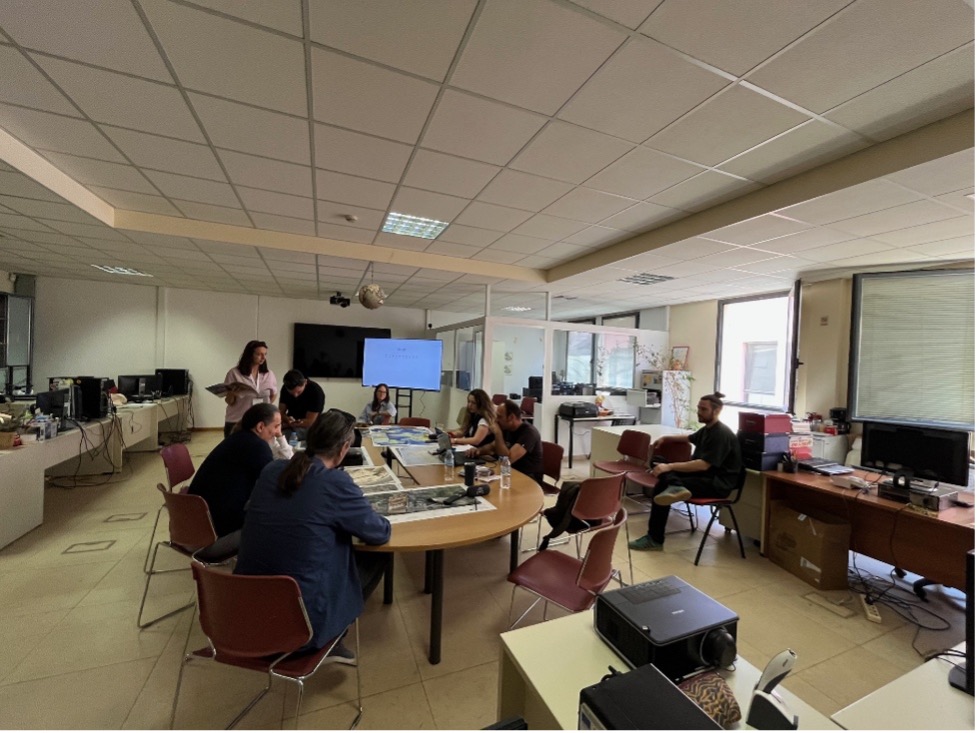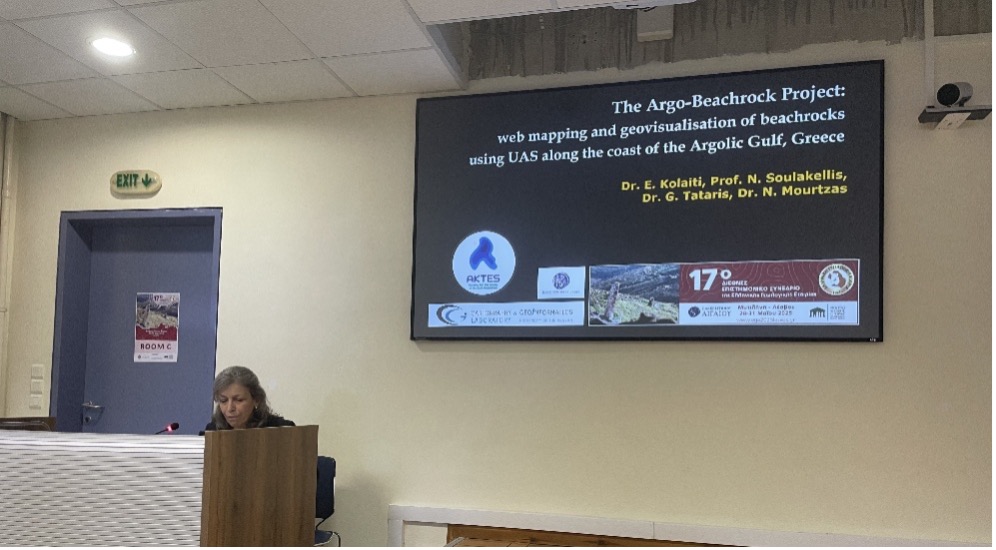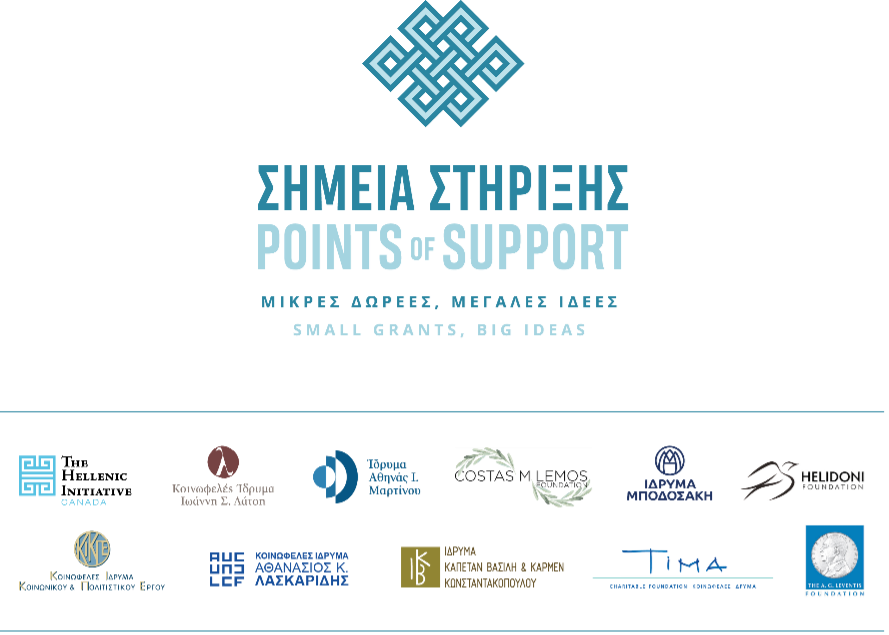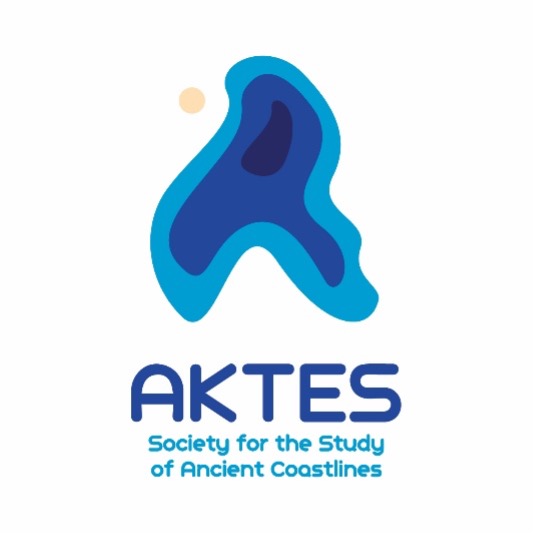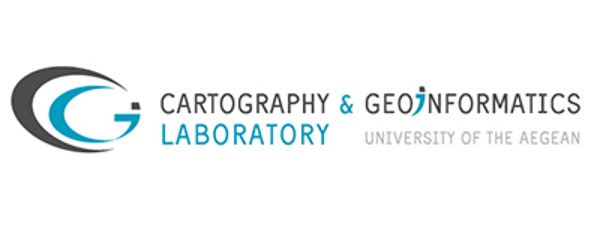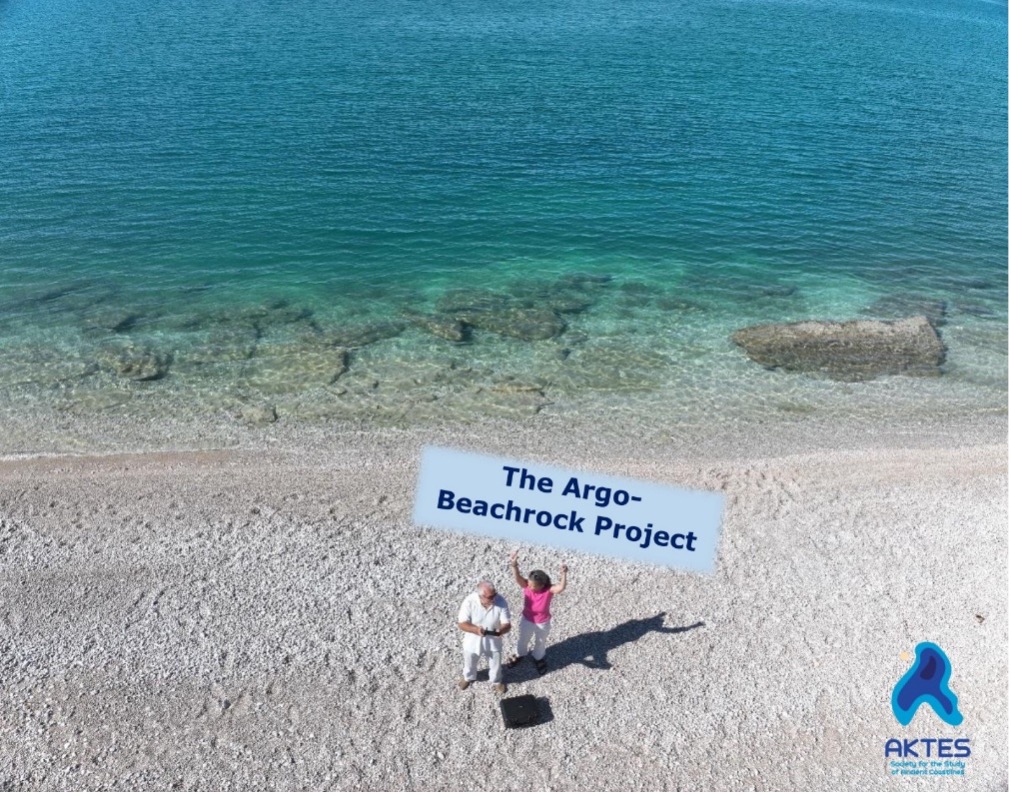
04 Jul The Argo-Beachrock Project
The Argo-Beachrock Project is completed! After 10 months of hard work and covering 255 km along the nearshore of the south Argolic Peninsula, including 20 locations with beachrock formations, “AKTES – the Society for the Study of Ancient Coastlines” in close and effective collaboration with “the Cartography and Geoinformatics Laboratory – Department of Geography – University of the Aegean”, proudly presented the final results of the Argo-Beachrock project at the 17th International Congress of GSG, the largest Earth Sciences conference in Greece, held at Mytilene, Lesvos, 28-31.5.2025.
The research project was assigned to the Society for the Study of Ancient Coastlines NPO – AKTES on 1.10.2024 and completed on 31.5.2025. The final deliverables are fully open access (see links below).
Web mapping and geovisualisation of beachrocks using unmanned aerial system (UAS) at twenty (20) sites along the coast of the Argolic Gulf in the eastern Peloponnese (Greece) in conjunction with underwater survey and bathymetry. Applying a methodological approach to survey the nearshore zone, record ancient lithified beaches, and decode the relative sea level changes during the Late Holocene, based on the beachrocks bathymetry and dating. Beachrocks contribute to mitigating the effects of coastal erosion and developing effective coastal adaptation strategies.
Special thanks to Professor Nikos Soulakellis and his team from the Cartography and Geoinformatics Laboratory, who embraced the Argo-Beachrock Project from the very beginning and made a significant contribution to its successful implementation, presentation, and dissemination through the engaging workshop that followed.
A heartfelt thank you to the AKTES members for their hard work and unwavering dedication in making this project possible.
The Argo-Beachrock Project was implemented with the support of the Athanasios C. Laskaridis Charitable Foundation within the framework of “Points of Support”, a co-funded programme by 10 public benefit foundations. A huge thank you to Points of Support and the Athanasios C. Laskaridis Charitable Foundation for their invaluable support throughout this journey.



